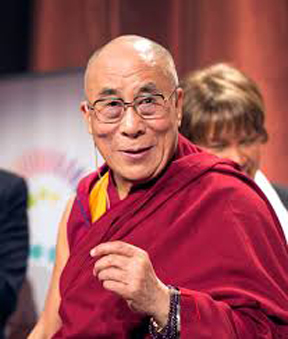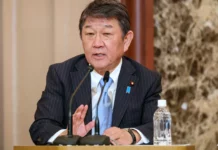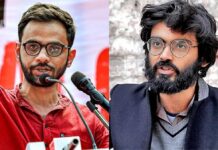 BENGALURU: Tibetan spiritual head the Dalai Lama has said that “some unique close relations” between India, Japan and the US, who believe in the ideals of democracy and freedom of expression, are “very important.”
BENGALURU: Tibetan spiritual head the Dalai Lama has said that “some unique close relations” between India, Japan and the US, who believe in the ideals of democracy and freedom of expression, are “very important.”
“I often will be telling, in Asia, India is the most populated democratic country, which is very stable. Then Japan, the most industrialized and democratic Asian nation, and then America is the leading nation of free world,” he told PTI in an interview.
“Some unique close relations between three countries (India, Japan and America) are very important. Russia (is) difficult to predict,” the Dalai Lama added.
On the other hand, China is a totalitarian country, unlike the US which has a tradition of liberty, democracy and equality, he said.
“I admire not the American military and nuclear power. I admire American tradition of liberty, democracy and equality.
China is a great nation and Chinese people are great. We really respect them and they are hardworking, but the system today is totalitarian in nature,” he said.
The Chinese people, through generations, have been suffering and the 1.3 billion people there had the right to know the reality and ability to judge right or wrong, the Dalai Lama said.
“Sometimes I feel, People’s Republic is fooling people. So, no longer is it People’s Republic.”
To a query on the US raising concerns over a China-backed Asian Infrastructure Investment Bank (AIIB), seen as a rival to the World Bank, the Dalai Lama said, “When matters concerning economic competition and world power play comes up for discussions, definitely America, which believes in a free society, is very important, I feel.”
On China asking the European Union to objectively look at Beijing’s achievements in human rights and conduct human rights exchanges with it on the basis of equality and mutual respect, he said, “No (China has not achieved in terms of human rights). They always have been distorting information. We can’t blame the Chinese officials, but the whole system.”
The EU had raised the issue of human rights in Tibet with China during the 34th round of the EU-China Dialogue on Human Rights.
To a query on ISIS, he said religion is not the driving force but power and economy are the reasons behind conflicts, including the Shia and Sunni Muslim strifes.
“We need detailed research work to know the causes for terrorism and conflicts between communities, like Shia and Sunni Muslims. Generally in many cases, I feel the reason for these conflicts is power and economy. We have been witnessing this for the past 1,000 years,” he said.
On whether former Prime Ministers Pandit Jawaharlal Nehru and Atal Behari Vajpayee made mistakes in solving the Tibetan problem with the Chinese government, he said, “I really do not feel Pandit Nehru made mistakes. The Indian government tried to do something.”
Actually, the Dalai Lama said, the historical mistakes were of their own making from many centuries.–PTI





